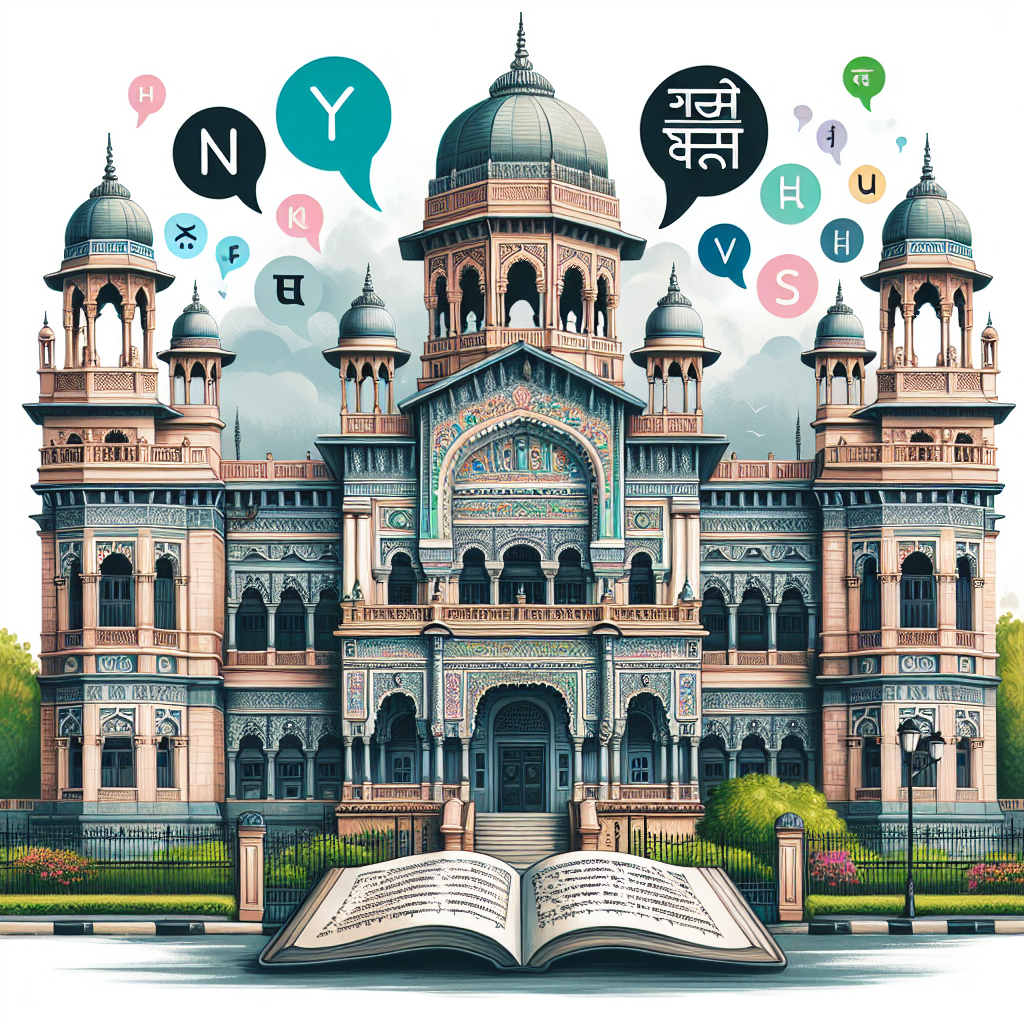Government Grants Classical Language Status to Five Indian Languages
The Union Cabinet, led by Prime Minister Narendra Modi, has approved classical language status for Marathi, Pali, Prakrit, Assamese, and Bengali. This decision emphasizes India's cultural heritage and is expected to create significant employment in academic and research fields as well as in text preservation and digitization.

- Country:
- India
The Union Cabinet has taken a historic step by granting classical language status to Marathi, Pali, Prakrit, Assamese, and Bengali languages. This decision signifies a recognition of India's rich cultural and historical heritage, aligning with Prime Minister Narendra Modi's vision to celebrate and preserve the nation's diverse linguistic traditions.
Information and Broadcasting Minister Ashwini Vaishnaw highlighted the significance of this move in a cabinet briefing, stating that it will create numerous job opportunities in the fields of academia, research, and digital media. The preservation and documentation of ancient texts will further boost employment prospects in translation, archiving, and publishing.
Specifically impacting states like Maharashtra, Bihar, Uttar Pradesh, West Bengal, and Assam, the broader implications of this decision extend across India and beyond. The measures to promote classical languages include establishing central universities and institutes dedicated to research and language studies, underscoring the government's commitment to linguistic preservation.
(With inputs from agencies.)
ALSO READ
BNP Paribas Extends Title Sponsorship of Indian Wells Tennis Tournament
Mirra Andreeva: Teen Sensation Shakes Indian Wells
Lakshya Sen's Quarter-Final Exit: Indian Hopes Dwindle at All-England Open 2025
Epic Showdown: Delhi Capitals Clash with Mumbai Indians for Maiden WPL Title
Unity Against Intolerance: India's Call for Global Religious Harmony










